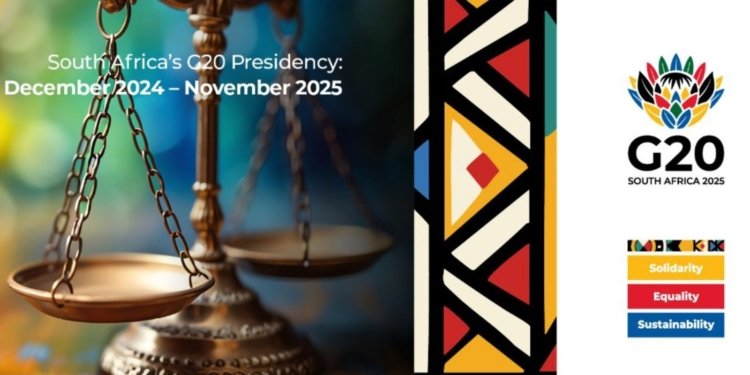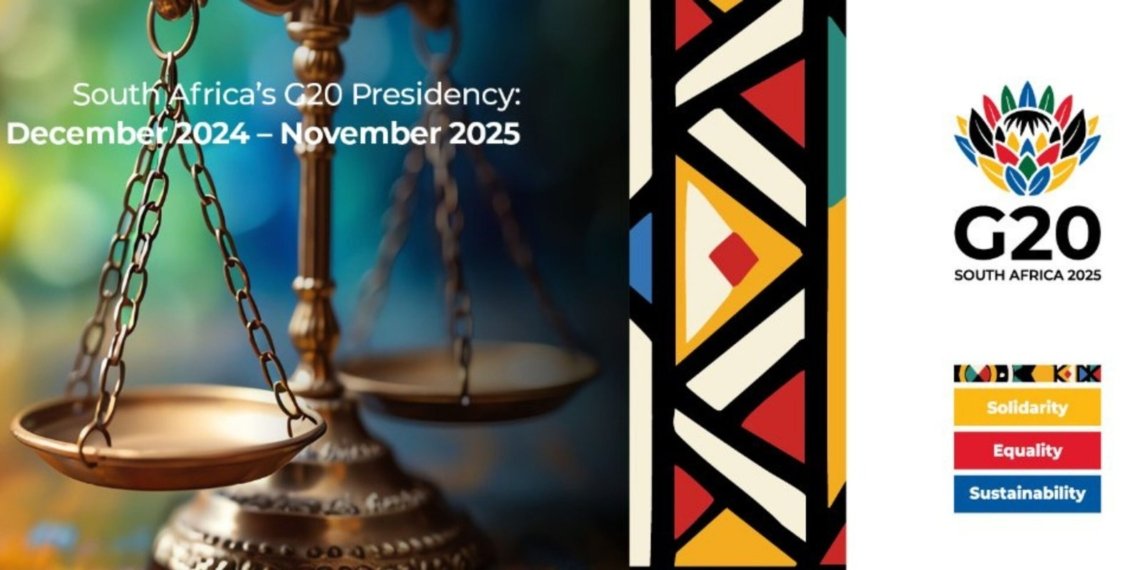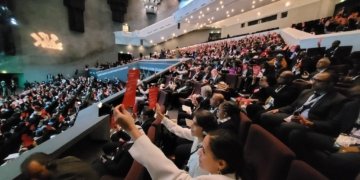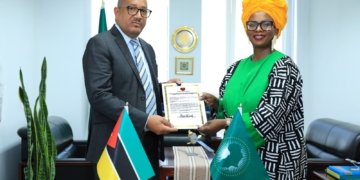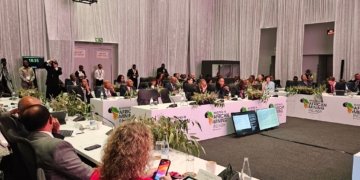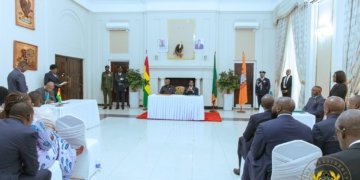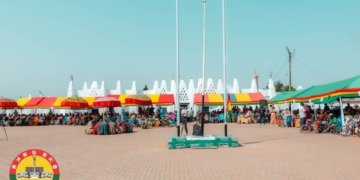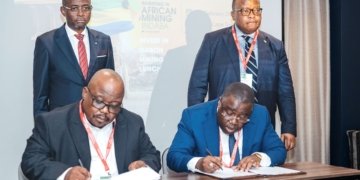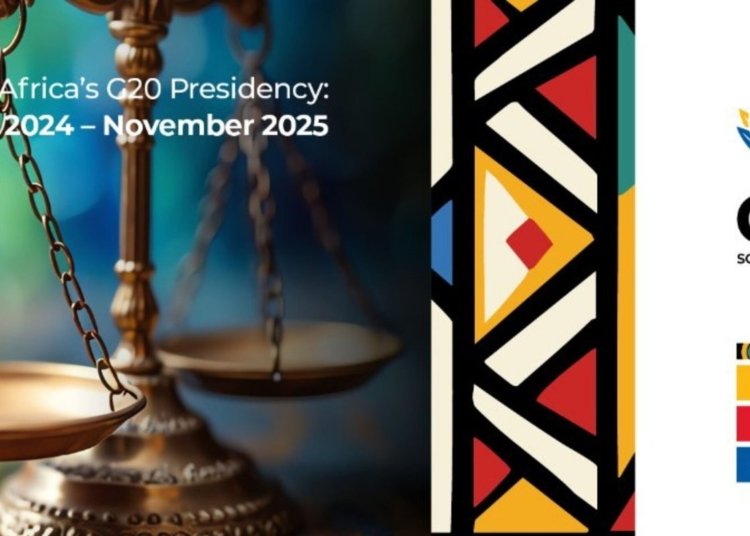The G20 Global Inequality Report, presented Tuesday to President Cyril Ramaphosa in Cape Town, outlines a stark portrait of inequality worldwide and urges urgent action.
Commissioned under South Africa’s G20 Presidency, the report calls inequality “a choice” and offers a bold roadmap for change.
President Ramaphosa welcomed the report, calling it “a blueprint for greater equality” that aligns with South Africa’s goal of placing inequality at the center of global discussions.
“It correctly asserts that inequality is a betrayal of people’s dignity, an impediment to inclusive growth and a threat to democracy itself,” he said.
Led by Nobel laureate Joseph E. Stiglitz, the Extraordinary Committee of Independent Experts found that 83% of countries face high income inequality, affecting 90% of the global population.
The top 1% captured 41% of new wealth since 2000, while the bottom 50% gained just 1%.
Food insecurity now affects 2.3 billion people, up by 335 million since 2019.
The report links inequality to democratic backsliding, slower economic growth and climate breakdown. The richest 1% emit as much carbon as the bottom 66% combined.
To confront the crisis, the report proposes national reforms such as progressive taxation, universal healthcare and stronger labor protections.
It also calls for international cooperation, including:
- A permanent International Panel on Inequality (IPI) to monitor trends and guide policy, modeled after the IPCC.
- Fairer global trade, tax and investment rules.
- Coordinated debt relief and public investment strategies.
The report concludes by urging the G20 to adopt national inequality reduction plans with measurable goals. If implemented, the IPI could become a lasting legacy of South Africa’s G20 Presidency.
CAPE TOWN, South Africa – Bantu Gazette
